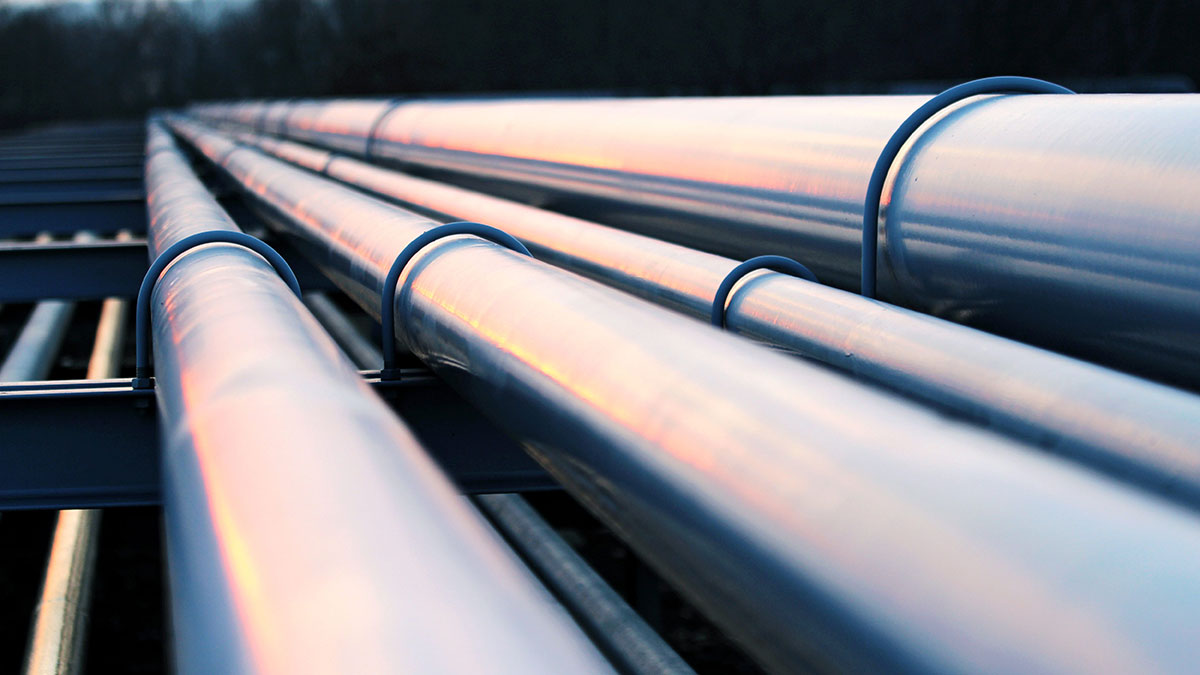Synopsis Of The 2017 National Gas Policy
Posted on Tue 11 Jul 2017
- Download Resource
The NGP sets out a roadmap and action plan for delivering the gas policy with different timescales as shown in the table below:
|
SHORT-TERM ACTIVITIES(Timescale: months, up to 1year) |
MEDIUM-TERM ACTIVITIES(Timescale: 1 to 2 years) |
LONG-TERM ACTIVITIES(Timescale: over 2 years) |
|
These are mostly institutional reforms within the remit of the MPR and Nigerian National Petroleum Corporation (NNPC) which can commence very soon and are reasonably expected to be completed within months, and in any event, no later than a year.These include:
|
These include activities that will ordinarily take a little longer than short-term activities, to be completed. They are largely, but not completely, within the remit of the MPR and are mainly legislative and regulatory focused activities aimed at setting the framework for the growth of the gas industry and market.These include:
|
These pertain to activities required to step up and implement the NGP in terms of infrastructure projects and growing both the Nigerian domestic and export gas market. Essentially, these activities will be needed after two years from the date the NGP was approved and became operational. It is envisioned that the legislative, regulatory, institutional and commercial framework would have been put in place.These include:
|
More Insight
 Fri 21 Mar 2025
Fri 21 Mar 2025IP PROTECTION FRAMEWORK IN NIGERIA - TRADEMARKS
 Wed 18 Dec 2024
Wed 18 Dec 2024SEC’s Draft Rules Facilitate Pension Funds’ Investment In ...





